
At the seminar, Dr. Tran Du Lich - Chairman of the Advisory Council for the implementation of Resolution 98/2023 of the National Assembly pointed out that after about 30 years of equitization and restructuring of state-owned enterprises (SOEs), Ho Chi Minh City has achieved certain results, but there are still many shortcomings. Notably, there has not been the formation of state-owned corporations with large enough scale and strong enough capacity to play a leading role and create spillover effects for the economy .
Along with that, Dr. Tran Du Lich stated that there is still no full and comprehensive assessment of the resources from assets, premises and public land remaining after the equitization. This is a large resource but has not been effectively managed and exploited to serve the socio-economic development goals of the city.
Talking about the current challenges of SOEs, Professor Tran Ngoc Anh - School of Public Policy and Environment, Indiana University Bloomington, USA, acknowledged that it is worrying that SOEs have a "fear" of high growth, because this year's achievements will create pressure for the following years to achieve even higher growth, leading to the growth rate of many SOEs being quite slow.
On the business side, Mr. Tran Anh Tuan - Chairman of the Board of Directors of Tan Thuan Industrial Development Company Limited (IPC) - a 100% state-owned enterprise managed by the People's Committee of Ho Chi Minh City, talked about the difficulties of state-owned enterprises.
According to Mr. Tuan, if private enterprises operate under the Enterprise Law, state-owned enterprises operate and "shoulder" many other laws, especially regulations related to public asset management, premises leasing, business lines, etc.
From the above situation, Mr. Tran Du Lich emphasized the need to redefine the role of SOEs in the overall economy, especially in relation to the private economic sector. This needs to be done within the framework of major orientations of Resolution 68 of the Politburo and Resolution 98 of the National Assembly on specific mechanisms for Ho Chi Minh City.
From this perspective, Dr. Tran Du Lich gave a specific example for reference. That is the model in Thailand when SOEs are listed on the stock exchange, in which the State only holds 65%, and when capital increases, the State capital increases accordingly, the remaining 35% is sold to the public, brought to the market to evaluate operational efficiency. This model helps increase transparency, improve operational efficiency and avoid the stagnation often seen in SOEs.

Discussing solutions, Professor Tran Ngoc Anh said that there needs to be a system of synchronous and drastic solutions such as building a transparent and comprehensive performance evaluation system; classifying SOEs and applying appropriate governance mechanisms; separating business and social roles to classify governance factors because each type of enterprise has different goals; and creating a healthy competitive environment.
According to Mr. Tran Anh Tuan - Chairman of IPC, while waiting for instructions from the Central Government, Ho Chi Minh City needs to boldly advise and propose breakthrough mechanisms to effectively implement the equitization process. In particular, Ho Chi Minh City needs to build its own mechanism, suitable to local realities.
Sharing the same view, Mr. Pham Binh An - Deputy Director of the Ho Chi Minh City Institute for Development Studies emphasized that the city has enough basis to proactively propose policies, remove obstacles in mechanisms and promote effective development of SOEs. This process needs to be placed in close connection with the private sector and foreign-invested enterprises (FDI), in order to create resonance and contribute more to the overall development of the country.
Source: https://hanoimoi.vn/phat-huy-nguon-luc-doanh-nghiep-nha-nuoc-de-phat-trien-kinh-te-tu-nhan-704401.html








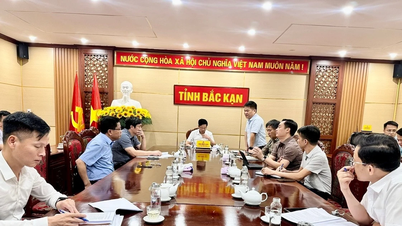

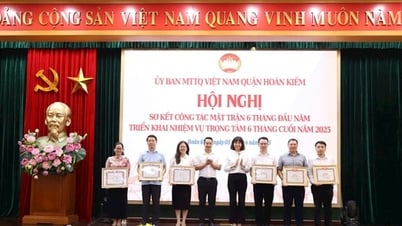
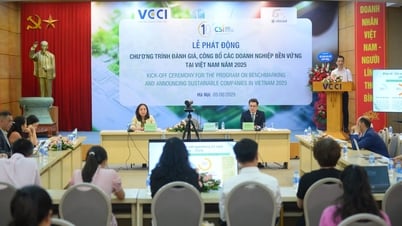

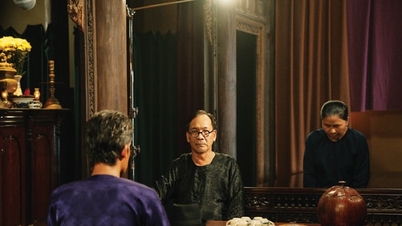
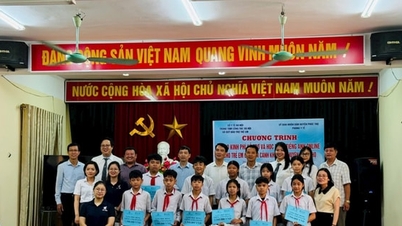
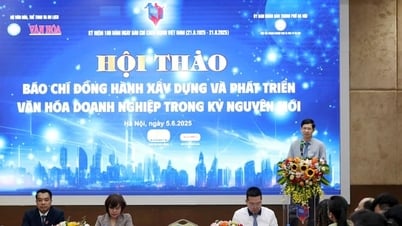





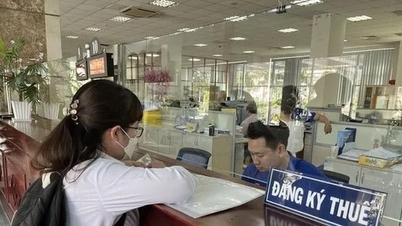

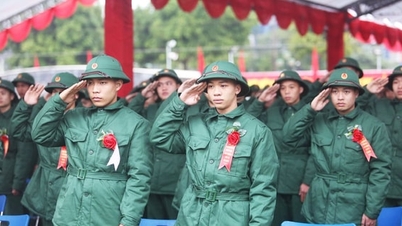

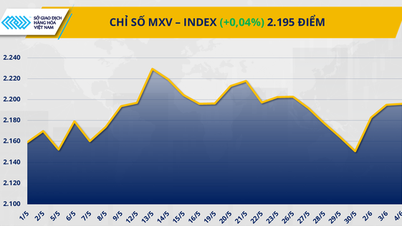
![[Photo] Keeping the Way of Life Knife Through Painted Hair](https://vphoto.vietnam.vn/thumb/1200x675/vietnam/resource/IMAGE/2025/6/5/44113911408c465f9bb118f98320a7ac)







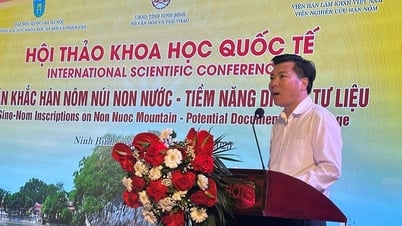



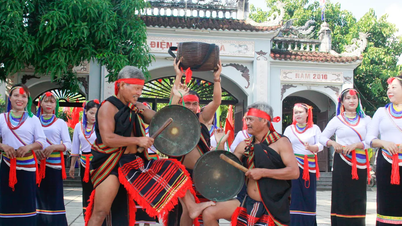














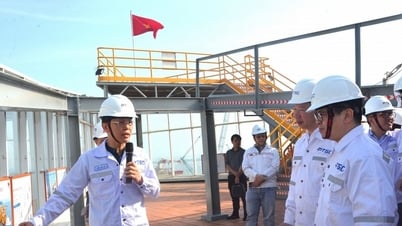

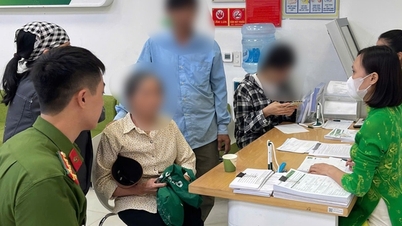


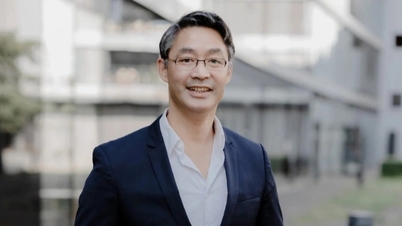














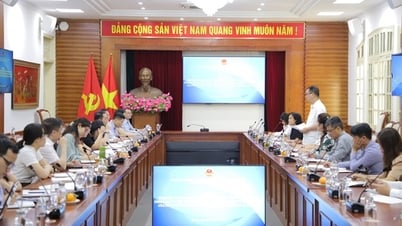
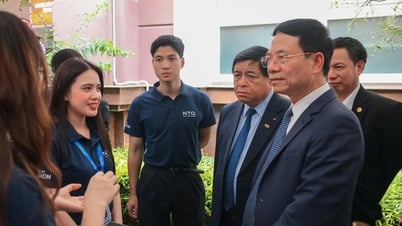



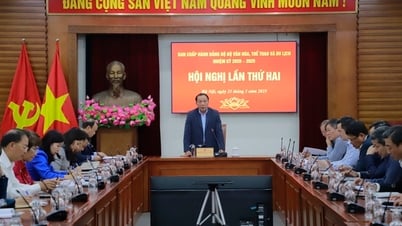

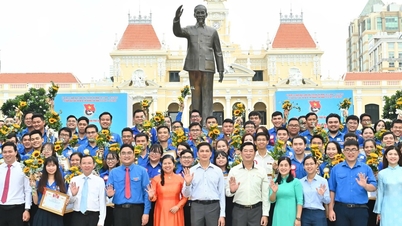
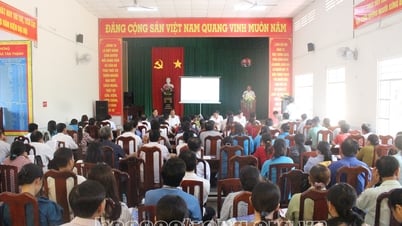


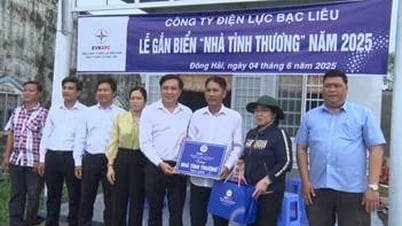








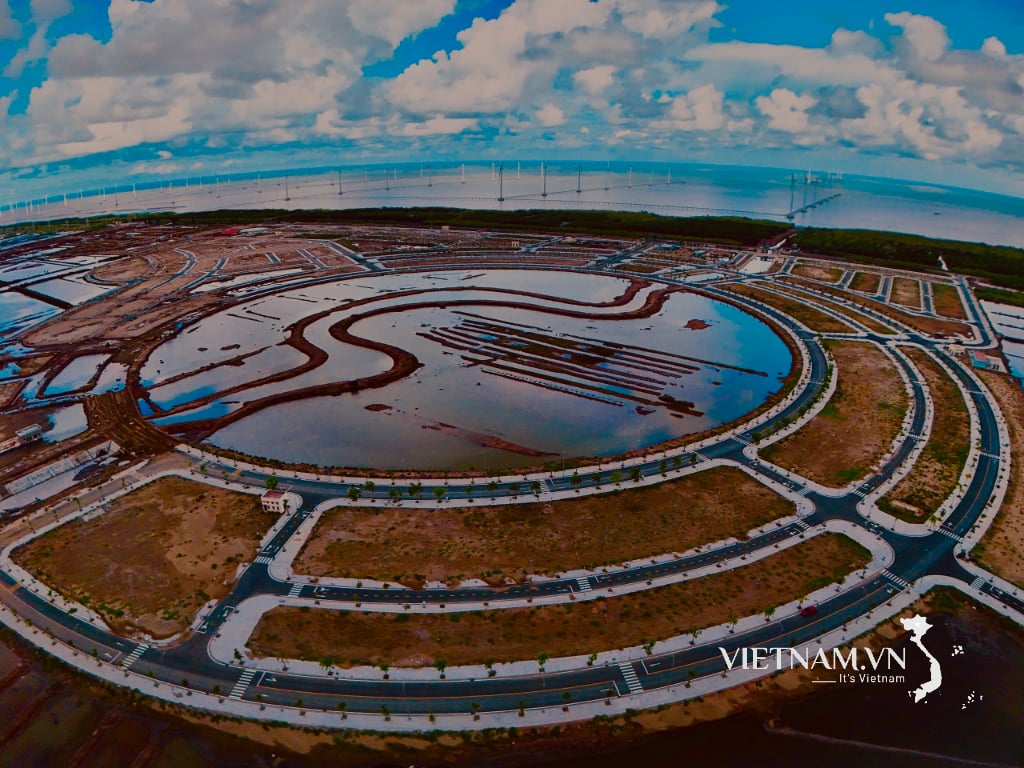
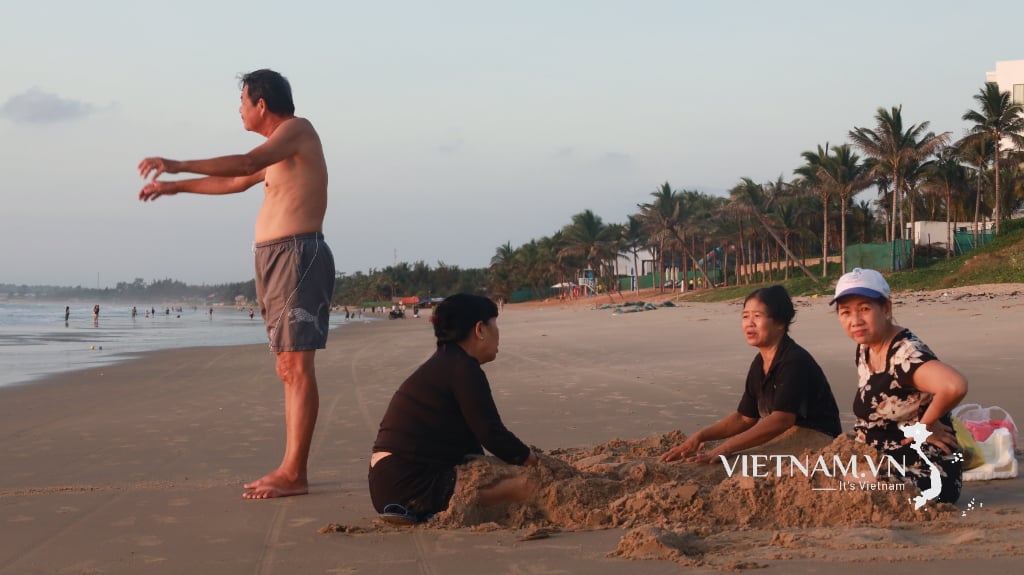
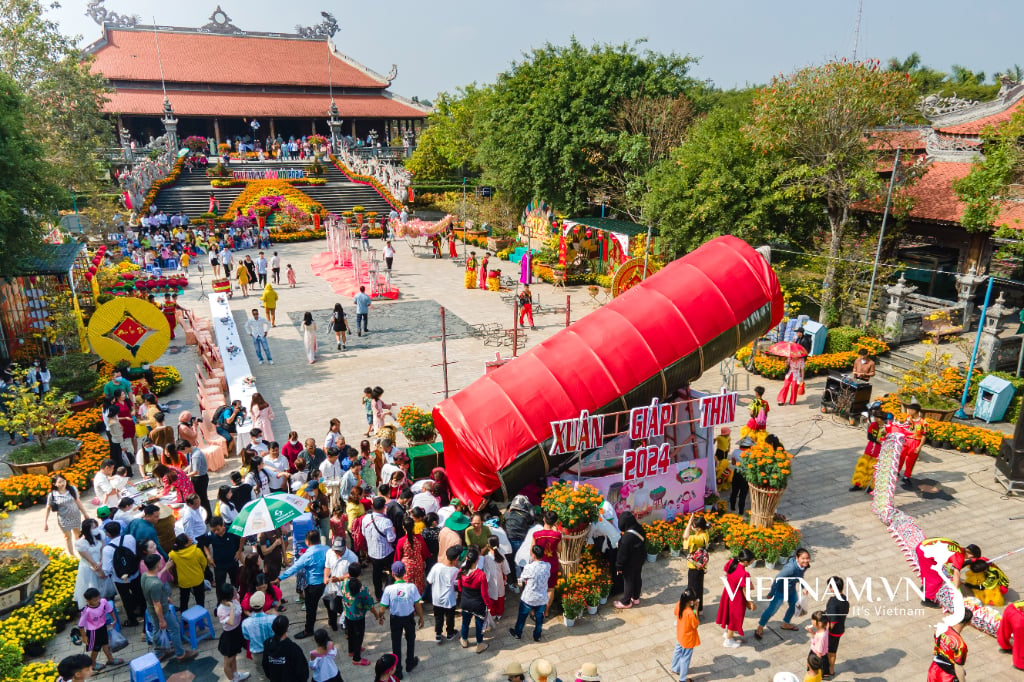
Comment (0)